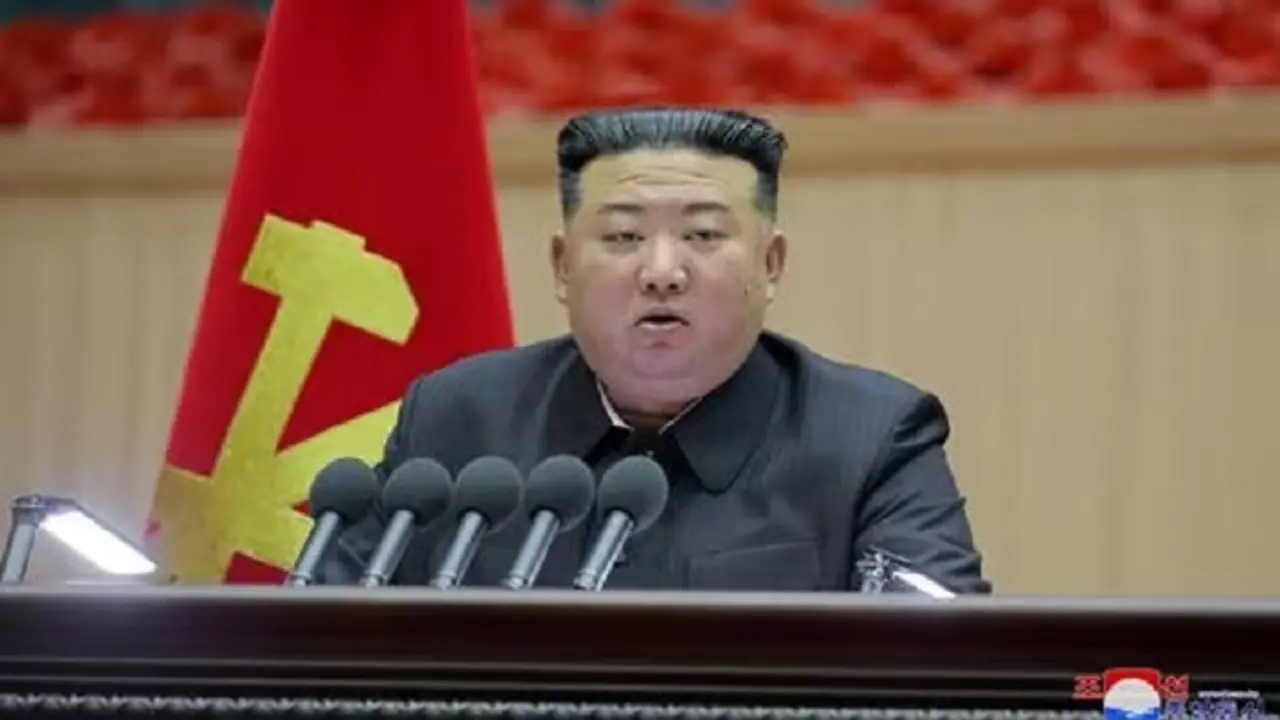On Monday, North Korean leader Kim Jong Un's influential sister revealed that Japanese Prime Minister Fumio Kishida has expressed interest in a summit with her brother.

On Monday, North Korean leader Kim Jong Un's influential sister revealed that Japanese Prime Minister Fumio Kishida has expressed interest in a summit with her brother. However, she emphasized that any such meeting is unlikely to occur without a significant policy change from Tokyo.
"Kishida recently conveyed his wish to meet with the Chairman of the State Affairs Commission of the Democratic People's Republic of Korea at the earliest date possible," Kim Yo Jong said in a statement carried by the official Korean Central News Agency.
Historically, the relationship between Japan and North Korea has been fraught with unresolved issues, stemming from Japan's harsh occupation of the Korean peninsula from 1910 to 1945, as well as Pyongyang's provocative missile launches over Japanese territory in recent times. Furthermore, the abduction of Japanese citizens by North Korean agents during the 1970s and 1980s, who were coerced into training spies in Japanese language and customs, remains a significant source of tension.
Prime Minister Kishida has expressed a desire to transform the dynamics between Tokyo and Pyongyang, stating his willingness to engage with North Korea's leadership "without any conditions." He articulated this stance during a speech at the UN General Assembly last year, affirming Tokyo's commitment to resolving all outstanding issues, including the abductions.
In the previous month, North Korea's Kim Yo Jong, a prominent figure within the regime, suggested the potential for a future invitation for the Japanese leader to visit North Korea. However, she emphasized on Monday that the crucial factor in shaping a new chapter in North Korea-Japan relations lies in Japan's political decisions.
"If Japan tries to interfere with our exercise of sovereign rights like it does now and is resolutely preoccupied with the kidnapping issue, which we have no way of solving or knowing about, it will inevitably face the reputation that the Prime Minister's plan is nothing more than aimed at drawing popularity," she said.
In 2002, North Korea acknowledged its involvement in the abduction of 13 Japanese individuals during the 1970s and '80s, who were coerced into training spies in Japanese language and customs.
Despite this admission, the issue of abductions continues to evoke strong emotions in Japan, with lingering suspicions that the number of victims exceeds official recognition.
Analysts have consistently warned that unresolved tensions surrounding the abduction issue pose a significant obstacle to the potential advancement towards a summit between Kishida and Kim Jong Un.
Kim Yo Jong said that Kishida "must know that he cannot meet our leadership just because he wants or has decided to or that we will grant him such a meeting just because."
"If Japan sincerely wants to improve the relationship between the two and become our close neighbour to contribute to guarantee peace and stability in the region, it needs to have political courage to make strategic choices befitting to its national interests," she said.
During his tenure in office in 2002, Japan's former prime minister Junichiro Koizumi made a historic visit to Pyongyang, where he held talks with Kim Jong Il, the father of Kim Jong Un. This visit marked a significant step towards normalizing relations between Japan and North Korea, with Japan offering economic assistance as part of the process.
Koizumi's diplomatic efforts resulted in the repatriation of five Japanese nationals, followed by a subsequent visit to North Korea. However, the progress in diplomacy was short-lived, primarily due to Tokyo's concerns regarding North Korea's lack of transparency regarding the abduction victims.
